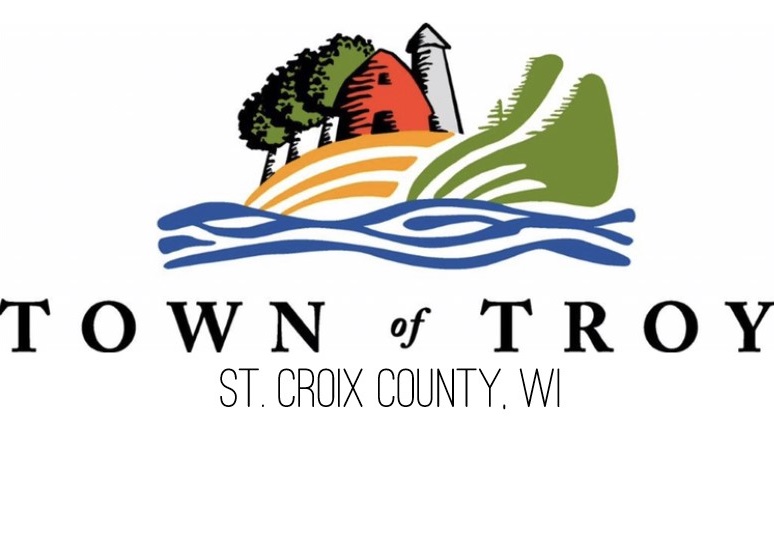ALL fire calls, even false alarms, are currently billed at $800.00 plus the cost of water, foam, etc.
Fire Numbers
In order for responders to quickly identify the location of an emergency, St. Croix County utilizes a standardized system for road names and address numbers. Address signs should be kept clear of obstruction and are to be parallel to the road for visibility in both directions.
Town of Troy is serviced by Allina Health EMS and Lakeview EMS; contacts and further information can be found through the links below
Fire Protection
The residents of Troy are provided fire protection through the Hudson and River Falls Fire Departments. District boundaries are determined by mutual agreement between the Town and those communities that provide fire protection in the area. The Town continues to contribute leadership related to the policies and operations of the providing agencies.
Ambulance Service
Paramedic level ambulance service is available to Troy residents through Hudson and River Falls. The Town is assessed a fixed cost per year and the user pays a fee for each call. User fees are reduced because of the Town’s contribution.
Burning Permits are required.
Burn permits are available at the Town Hall, as well through the link below
(Please fill out two copies, one for our records, one for you)
| Burning permits are required for controlled burns, including recreational fire. There is an annual permit and is available at the Disposal Center or the town Government Center. There is no charge for the permit but it must be signed by a town employee in order to be valid. If the fire department responds to a report of fire on your property and you have not followed the rules spelled out on the burning permit you will be billed for the call. Currently, the charge for a fire rescue/call is a minimum charge of $800.00 |
Burning permits are required for controlled burns, including recreational fires. There is an annual permit that is available at the Disposal Center or the Town Government Center. There is no charge for the permit but it must be signed by a town employee in order to be valid.
On the day that you plan to burn you must call the number/s printed on the burning permit. You will be notified at that time about any burning bans. If the fire department receives a report of a fire on your property they will call you. You must answer the phone or they will dispatch. If they dispatch you will be billed for the fire call.
Tips for preventing grass fires
Here is a basic list of things to watch for and be wary of to assist in preventing grass fires:
- Do not throw cigarettes or cigar butts onto the ground or out of a vehicle.
- Do not burn trash, leaves, or brush without proper supervision and permits.
- Create a "safety zone" around your home to clear away loose grass, leaves, etc. (generally 30 feet).
- Properly maintain dead plants, trees, and grass, especially over buildings.
- Maintain a 10 foot "safety zone" around grills and propane tanks.
- Do not leave grills unattended, and when finished using them, place ashes in a bucket and soak with water until completely cooled.
- Stress to children the importance of not playing with fire, especially in areas where the fire can quickly spread.
Smoke Detectors
The National Fire Alarm Code states that homes must have smoke detectors on every level of the home, including the basement, and outside each sleeping area. Detectors should be placed on the ceiling at least 4 inches from the nearest wall, or high on the wall, 4-12 inches from the ceiling. This 4-inch minimum is important to keep detectors out of possible "dead air" spaces because hot air is turbulent and may bounce so much it misses spots near a surface.
Test your detector at least once a month. Replace smoke detector batteries once a year. Clean your smoke detector regularly, following manufacturers instructions.
Smoke detectors have a life span, after which they may malfunction. This is regardless of whether they are hardwired or simply battery operated. Check with your manufacturer to determine how often they recommend replacement.
